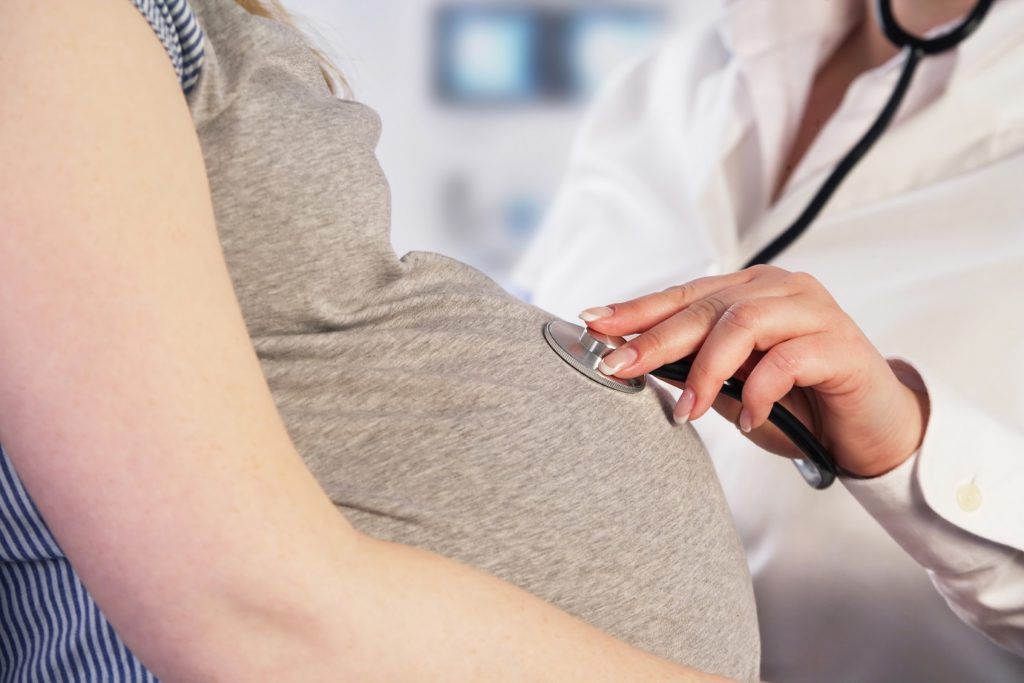Self-isolating is essential to curb novel coronavirus (COVID-19) and prevent its spread to the physically vulnerable in our communities. It’s how we protect our neighbours, friends and families and prevent our health system from becoming overloaded. It’s how we ensure that critical health services are available to both COVID-19 patients and people who have other illnesses and accidents.
While so many populations are rightly practicing social distancing and temporarily self-isolation, what are we doing to support those who are already socially isolated – those who already have limited social interactions and minimal support networks? What are we doing to help Australians who already face barriers when it comes to accessing the health system?
The Australian Institute of Health and Welfare’s Social Isolation and Loneliness report (2019), found that 1 in 10 Australians report lacking social support and 1 in 4 are currently experiencing an episode of loneliness. That’s on a ‘normal’ day, before COVID-19 was causing isolation and uncertainty for many more.
Further, this report and international evidence shows social isolation results in poorer health and wellbeing outcomes.
Now, imagine the stress, anxiety and fear experienced by pregnant women during these uncertain times. These women can’t delay their medical appointments. They require ongoing care and support in a healthcare system that will come under increasing demand.
They will have to take extra precautions and navigate a growing number of controls and regulations to access services. The sad reality for many women in Australia is that they are going through this process alone, and for some, while experiencing long-term social isolation as well as social and economic disadvantage.
Under normal circumstances, it is sobering to consider that only 8% of women in Australia see the same maternity worker throughout their maternal care. For many socially and economically disadvantaged women, this often means they are completely socially isolated and have no familiar support throughout their pregnancy or birth. They are all alone.
Birth for Humankind doulas fill this social support need. Doulas are trained birth support companions who provide practical and emotional support and information to a woman experiencing disadvantage during pregnancy, birth and early parenting.
They provide free one-to-one, trauma-informed personal, practical, social and emotional support for vulnerable women experiencing socio-economic disadvantage; helping them navigate the system, overcome barriers and giving them the confidence to access and demand better care, if they wish.
International evidence shows that when women have the support of a birth companion, like a doula, they have far better maternal health indicators and birth outcomes. They are less likely to need medical intervention during birth, their child is less likely to spend time in neonatal intensive care, and there is improved bonding between mother and child. This is the starting point for a lifetime of improved health and wellbeing.
However, an unintended impact of social distancing protocols means that many hospitals and State governments are now enforcing ‘one visitor per patient’ policies or encouraging people to attend out-patient appointments alone. The reality of this is that skilled birth professionals are unable to work at a time when the health system is most overstretched and clients and midwives are in need of additional support.
The implications for pregnant women experiencing disadvantage could be devastating. The presence of their doula – a critical member of their professional support team – is proven to create a better birth experience and may limit the amount of time needed to spend in hospital.
During these uncertain times, it’s needed more than ever to ensure that socially isolated women have access to support so they can continue to seek clinical care to improve health outcomes and indicators for them and their baby.
It is critical that whilst putting in every precaution to protect staff, patients and the wider community from COVID-19, that the public health system continues to provide a client-focused care model, that considers each individual’s unique situation and needs, especially for the most vulnerable.
We need to look to the social sector to help alleviate some of the issues and complications that are leading to the health system’s increasing pressures and demand. Doulas do this. They consider the unique situations of women during pregnancy, birth and early parenting, giving them the support and connections to other services that they need, providing complementary support outside of maternal clinical care.
We need to uphold standards of social support and complementary care. This means drawing on the complementary skills of the social support sector, as well as investing in those who are providing front-line community support for vulnerable populations.
Doulas provide critical support, especially at times of heightened fear and anxiety. During this pandemic, we must allow them to support vulnerable groups with pre-existing challenges, so that they are not being overlooked and that they are not left behind.


